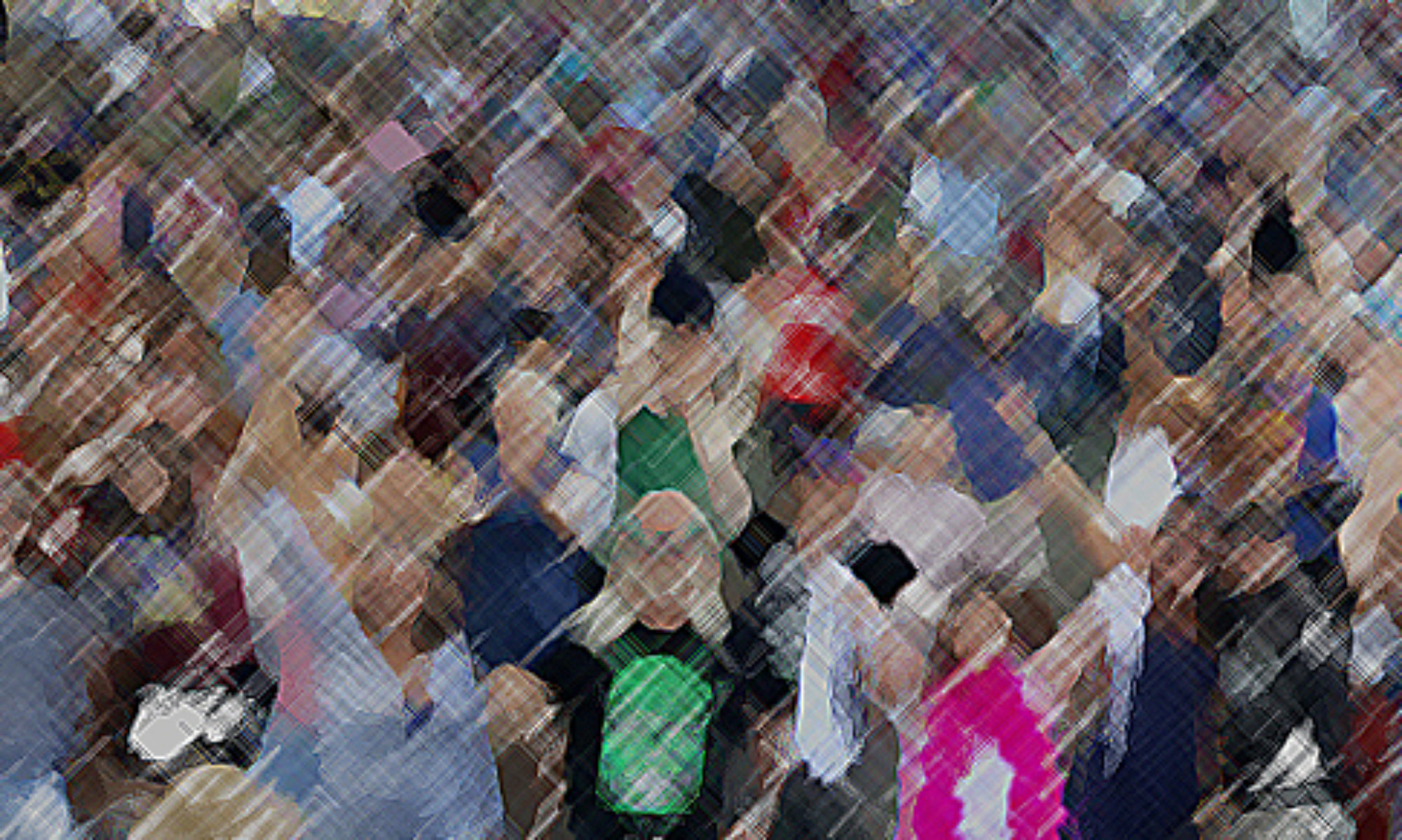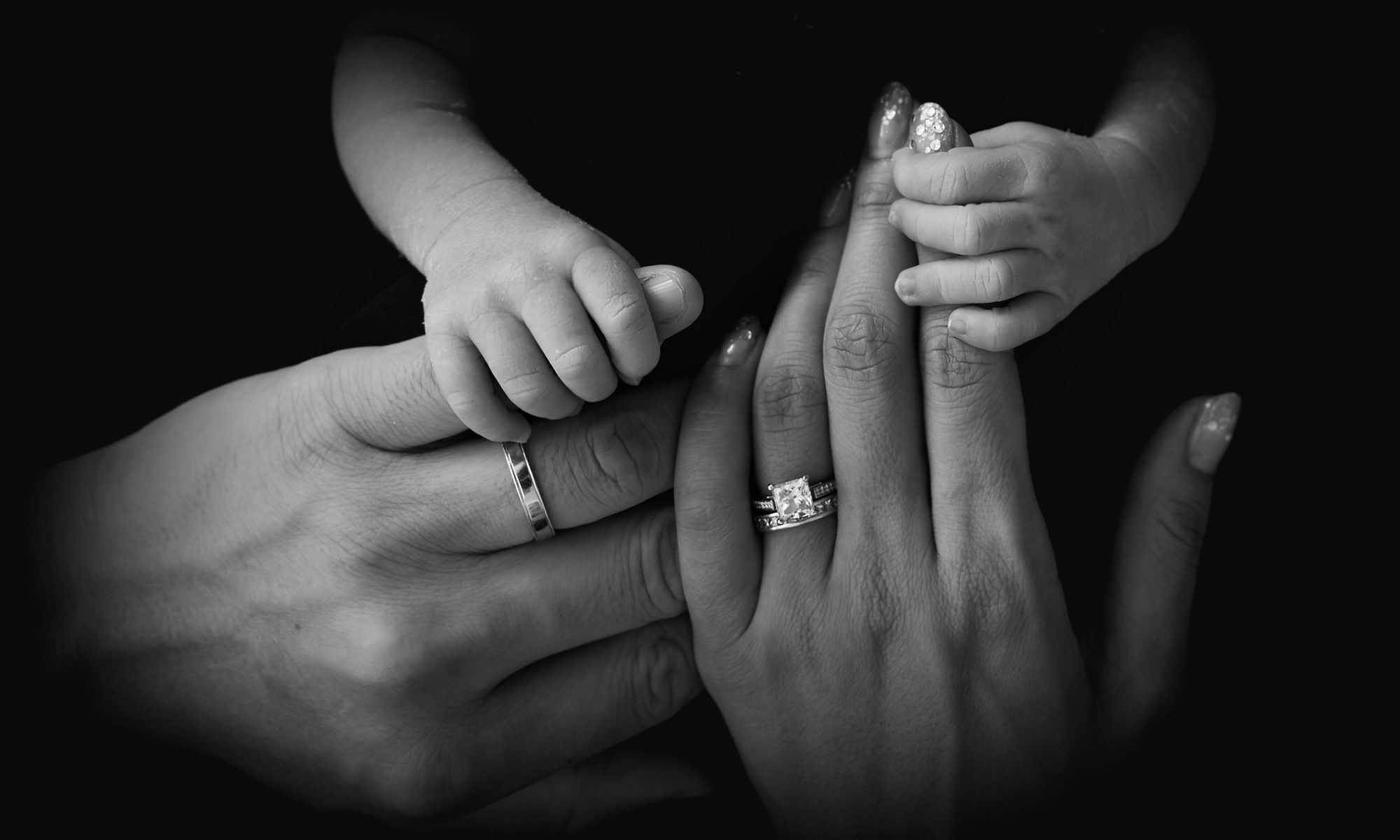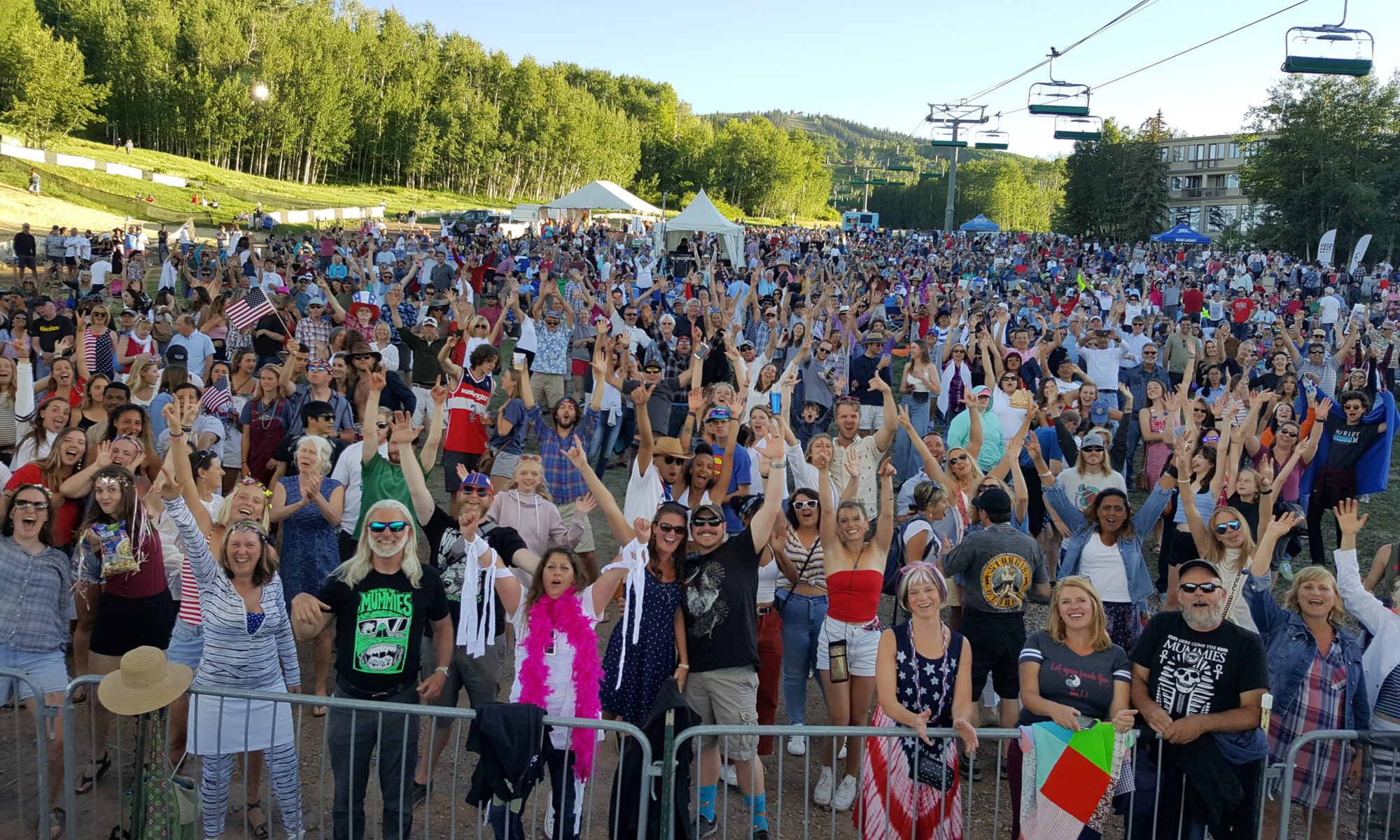I have a question. Do you help your customers, clients, and guests feel secure? I know. That’s a funny, yet loaded question. I am not talking about security in the sense of keeping them safe from harm, or keeping their private data safe, although those things are very important. I am talking about a sense of security. Remember the mantra. “People spend money to feel good about themselves”. Part of feeling good about yourself is minimizing personal insecurity, and you can play a role in minimizing that insecurity in your place of business, even if that place of business is a conference or board room. It does not have to be a hotel or store, or retail outlet. Your “space” for your customers is what you want it to be.
Right now, your “space” is probably closed, but it won’t be closed forever. When it’s open again, it will be even more important to “connect” with people.
So, when your customers are in your “space”, how do they feel about things? (No, I do not think that bump your head took on the kitchen cabinet this morning did not suddenly give you mind reading powers). I am talking about you creating a space, (see my earlier post http://dealingwithhumans.com/creating-a-sanctuary/), where customers feel comfortable in their own skin, because you have created a place where they are confident some of their emotional needs can be met, and they can be themselves in the process.
The biggest way to achieve this at your business is by taking an inventory of how you deal with others, whether they are your customers, friends, or heaven forbid, relatives. Do you speak in a way that makes people comfortable? Nervous? At ease? Do you have conversations that bring out the best in those around you?
As a young event manager, I was often told I looked intense, and it made people feel as though I was concealing that something bad was happening. It wasn’t. I was just an intense manager, who was actually happy inside, and until it was brought to my attention, I had no idea I looked this way. I often spoke with great urgency, as well, leading to the same assumptions by others. With a combination of working on it, and mellowing over time, I rarely have that issue any more, but still sometimes it pops up in an elevated situation, which can happen in my business, and very likely, yours. What do you do that may make someone feel uncomfortable, even though you mean nothing by it? Maybe nothing, but it is good to inventory these behaviors once in a while to stay connected.
Another thing you can do to help others feel secure is what the entire “Dealing With Humans” lessons are based upon. Empathy. When someone believes you sincerely appreciate their situation and needs, they are much more comfortable, and, in turn, much more likely to do business with you. When the turmoil from our COVID-19 situation abates, people will be even more insecure than normal, and it will take effort and sincerity on your part, to help them with that insecurity. Whatever you do, make it real. Capitalizing on this pandemic in a trite way will not end well for you. Let your clients know that you are still there for them.
Let your customers know you are there for them. Be sincere, but more importantly, be present. That is how you connect with humans.


